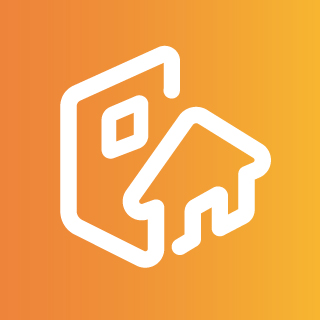| Product | |||
|---|---|---|---|
| Review & Ratings |
No reviews available |
No reviews available |
|
| Description |
FMS: Workplace is a cutting-edge facility management software designed to streamline operations and enhance the efficiency of workplace environments. This robust platform provides tools for asset management, space planning, and maintenance scheduling, ensuring that facilities are managed effectively. With its user-friendly interface, FMS: Workplace allows facility managers to track work orders, mo... Read more about FMS:Workplace |
hybo is an intuitive Meeting Room Booking System Software designed to simplify and optimize the scheduling of meeting spaces within organizations. It offers a user-friendly platform for reserving meeting rooms, managing bookings, and ensuring efficient utilization of office resources. hybo provides real-time availability updates, allowing employees to easily find and book available meeting rooms b... Read more about hybo |
|
| Free Trial |
Available |
Available |
|
| Starting Price |
$16.32 Per User |
||
| Category Features | |||
| Other Information | |||
| Deployment | Cloud Hosted , On-Premise | Cloud Hosted | |
| Devices Supported | Web-Based, iPhone, Android, Windows, Linux | Web-Based, | |
| Pricing Model | Contact Vendor | Per User | |
| Support | 24x7 Support, Email, Phone, Chat, Knowledge Base, FAQs/Forum | Email, Phone, Knowledge Base, FAQs/Forum | |
| Target Company Size |
Self-Employed,
Small-Business,
Midsize-Business,
|
Self-Employed,
Small-Business,
Midsize-Business,
|
|
